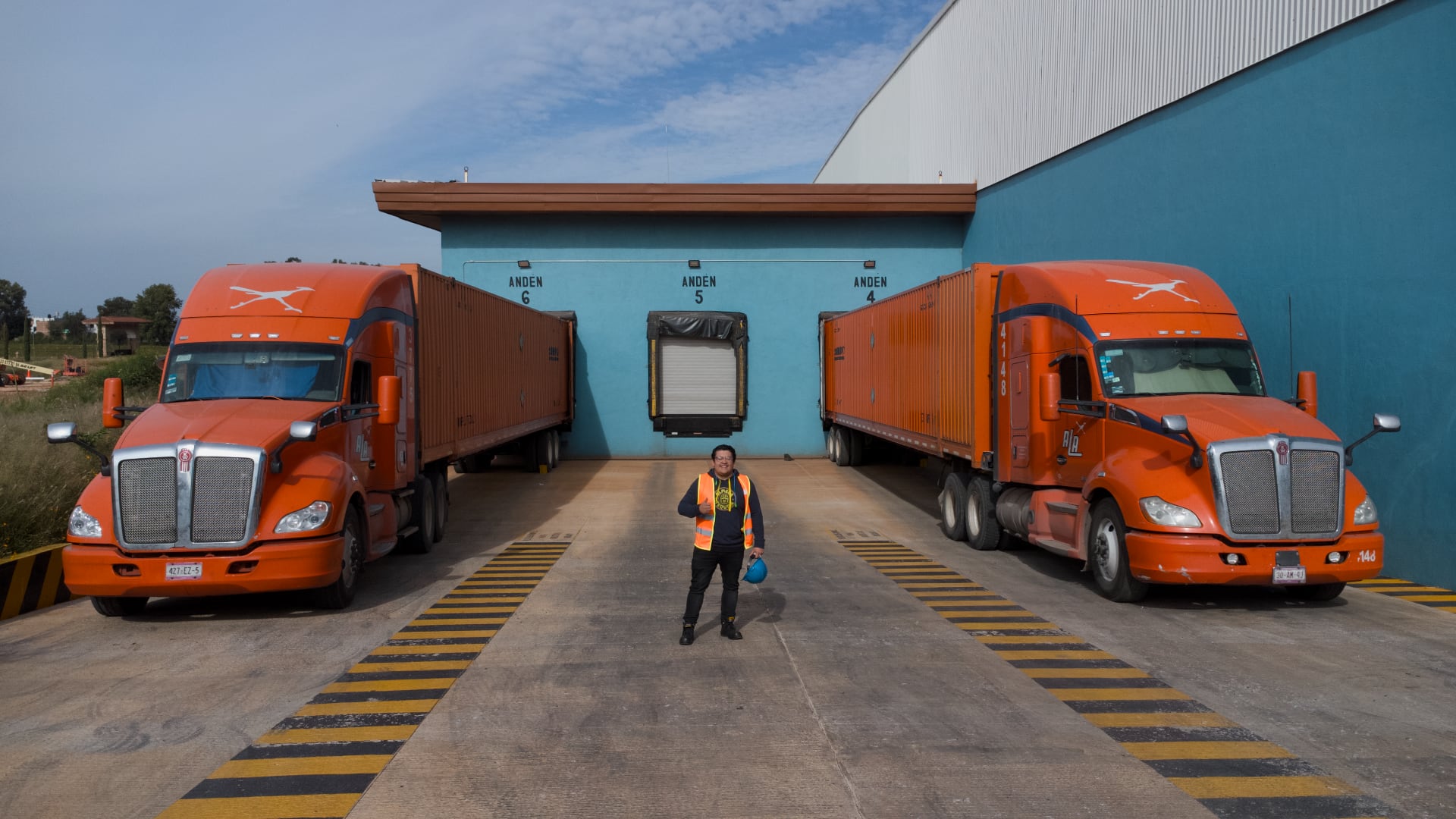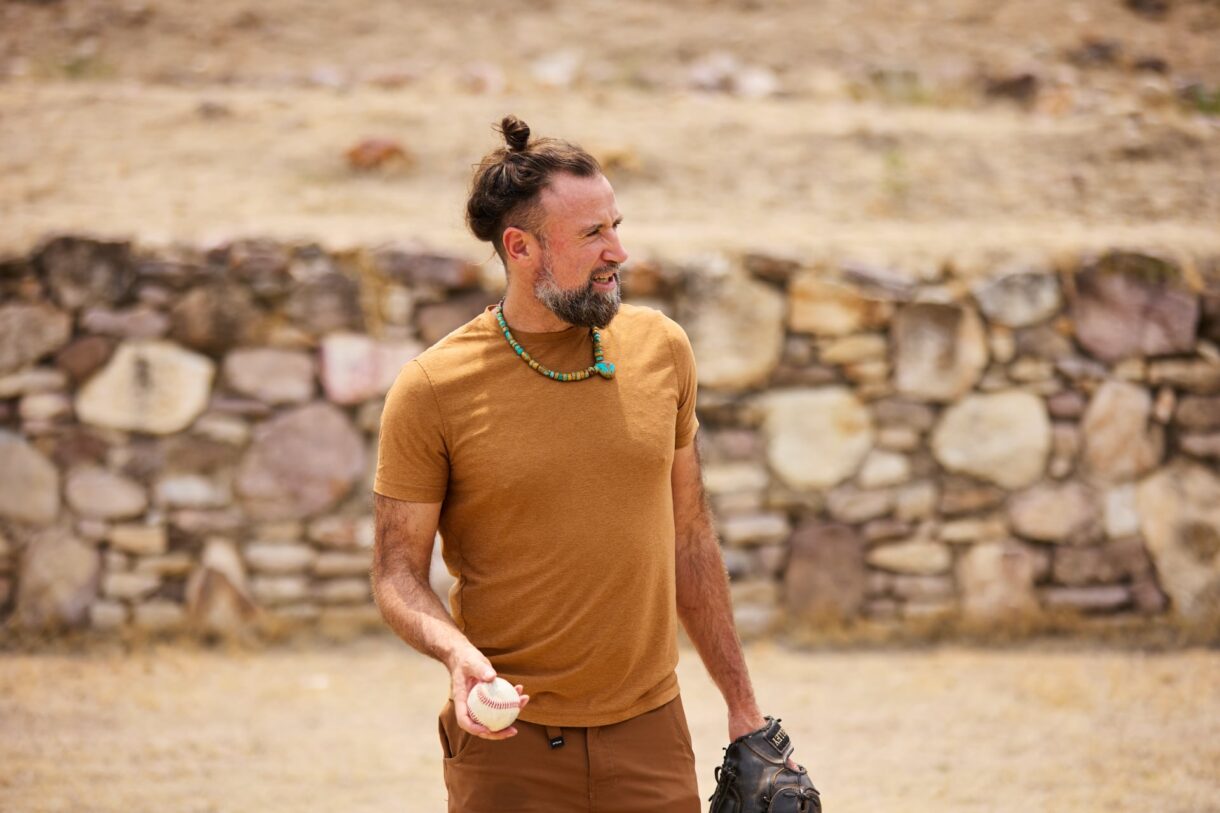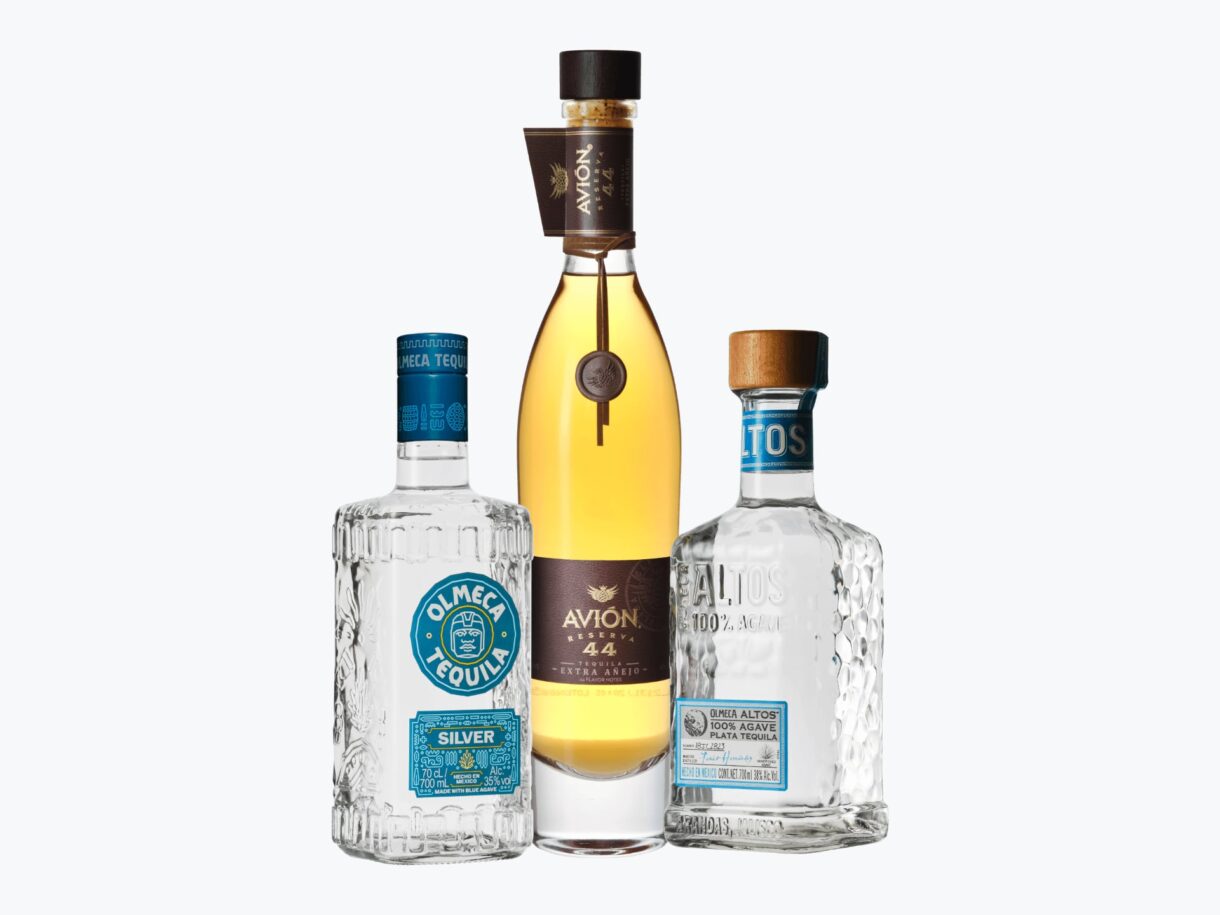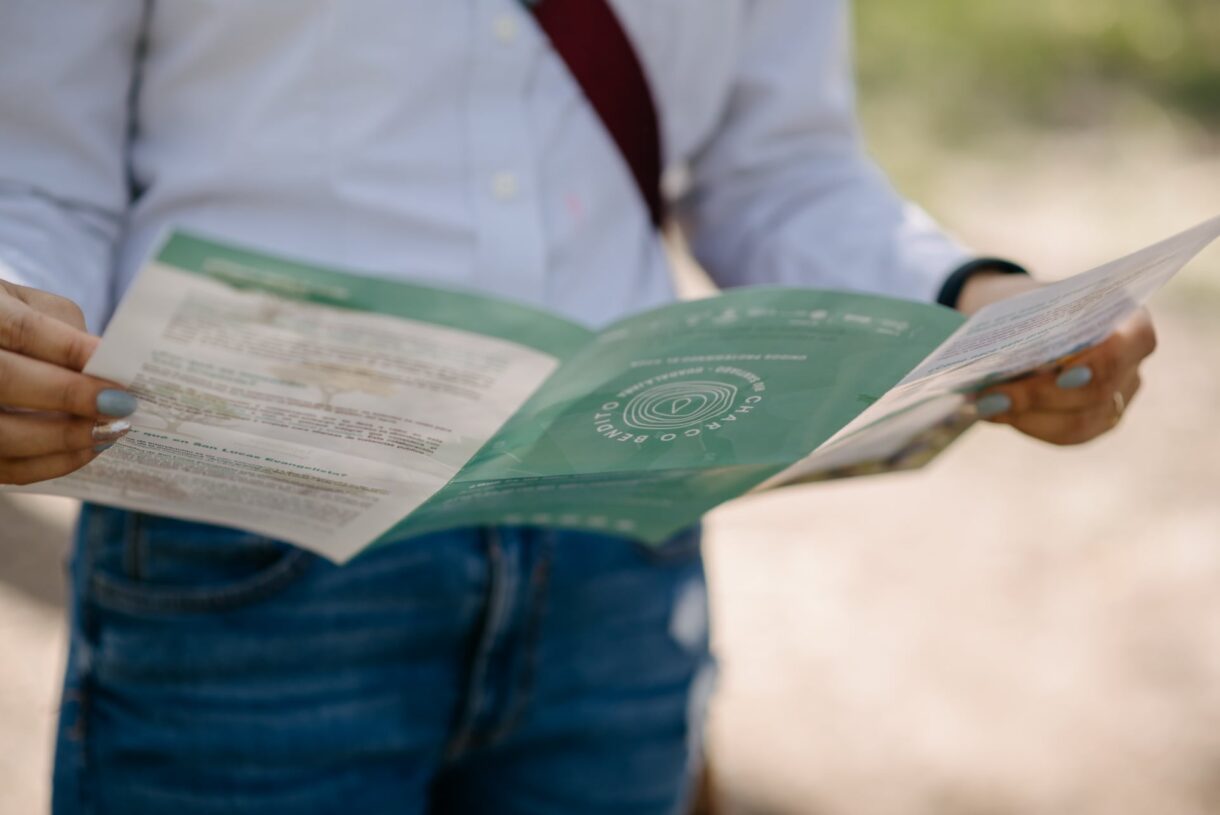
Trucks and trains make for sustainable gains
Before Yair Falcon joined as Logistics & Trade Affairs Manager last year, the House of Tequila transported its tequila to the US solely by road. Following a successful intermodal trial, a combination of trains and trucks will be used in FY24, cutting carbon transport emissions by half.

The House of Tequila has introduced an intermodal transport system for all tequila exported to the US, reducing its transport carbon emissions by 55 per cent.
Before the project began, House of Tequila’s (HoT) tequila products (which account for 95 per cent of its sales to the US) were transported to the US solely by truck. The 2,087 km-long journey to Fort Smith, Arkansas destination took up to six days, emitting 2.76 tonnes of CO2 each time, resulting in almost 700 tonnes of CO2 being emitted a year.
“From the moment I arrived here in early 2023, myself and our Supply Chain Director, Andres Botero started to research the opportunities to improve the supply chain – and this included our responsibility to reduce emissions,” says Yair. “Rail is a key mode of transport for Mexican exports to the US and we engaged with our suppliers to propose an ‘intermodal’ solution that would combine both road and rail. Our case was strong. Transporting tequila from Mexico to the US via an intermodal train system brings several advantages leading to reduced carbon emissions, lower freight costs and enhances the security of our deliveries.”
Emissions halve
The trials started with low volumes of tequila exports in October 2023 – with loads increasing over the following six months. For FY25, 100 per cent of HoT’s tequila exports will be transported by intermodal transport. The intermodal method has extended the journey time by around six days, but the benefits outweigh any drawbacks.
The intermodal process knocks more than 700km off the journey by road, reducing the time spent transporting cargo by truck by several hours. With less fuel needed, emissions are forecast to fall by 55 per cent. The fewer emissions benefits are clear, but as Yair says, intermodal transport has other benefits. Freight costs, for instance, will fall by 54 per cent, while transport loads are more secure.
Freight theft is prominent in Mexico, running at more than 50 incidents a day, with food and drink the most stolen type of product1. By reducing the distance travelled by road to the Mexican border city of Laredo to 271km from 973km, the risks are mitigated, while a safer route means it can reduce the amount of security personnel the House of Tequila needs.

Besides emissions, load configuration is improved – increasing the number of pallets per container by around 10 per cent. What’s more, combining road and rail ensures an efficient movement of goods, with shipments processed and approved before crossing the international boundary without unnecessary stops. This also mitigates potentially lengthy customs procedures or inspections. “Deliveries to the warehouses in Fort Smith now take 11 days rather than five days but our security risk is lower. All the admin and paperwork are completed in Mexico too because the trains do not stop at the border. We have had yet to suffer any delays or experience any cases of broken bottles” adds Yair.
Yair admits that the new system is not perfect – trains in Mexico aren’t electric – but that it is well-placed to capitalise on reducing emissions further as and when new technology is adopted. A second phase of the project later in FY24 will examine the potential of using intermodal transport to export HoT’s mezcal products to the US.
“The trial and transition have been a success. Communication has been a major part of this project, changing the mindset of the team and our suppliers to a new system. Our suppliers are very experienced, and my passionate team have ensured it has been a very smooth transition,” says Yair.
1. Overhaul September 2023

Michael Merolli
CEO, House of Tequila
House of Tequila wants to lead the way on sustainability within the tequila industry. We are already involved in concrete activities to develop best practices in terms of sustainability.
For example, one is around terroir and the way we grow our agave and the way we look after the land and embrace reforestation. It’s something we are working on actively. We are also working on collective creative projects. We have a powerful initiative called the Tahona Society, which has been created for bartenders. It revolves around a contest where bartenders present sustainability initiatives that benefit staff, customers, the bartending community and the environment. The winner is given US$50,000 to bring the idea to life, while we also help with coaching and advice to support the project further.
Meanwhile, Mezcal is produced by small local villages and communities and there is a lot of care and attention on how we can give back to the people who are producing this beautiful liquid. The Mezcal category has been growing very fast globally. Together with the other players in this category, we are working actively to ensure we are building a sustainable category. With the leading international Mezcal brand in Del Maguey, we have a responsibility to be leading the way.


